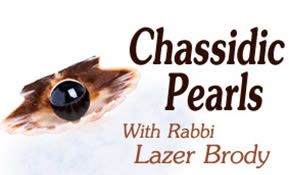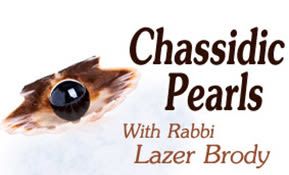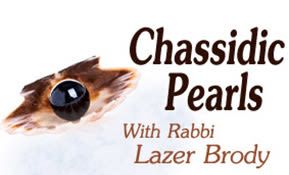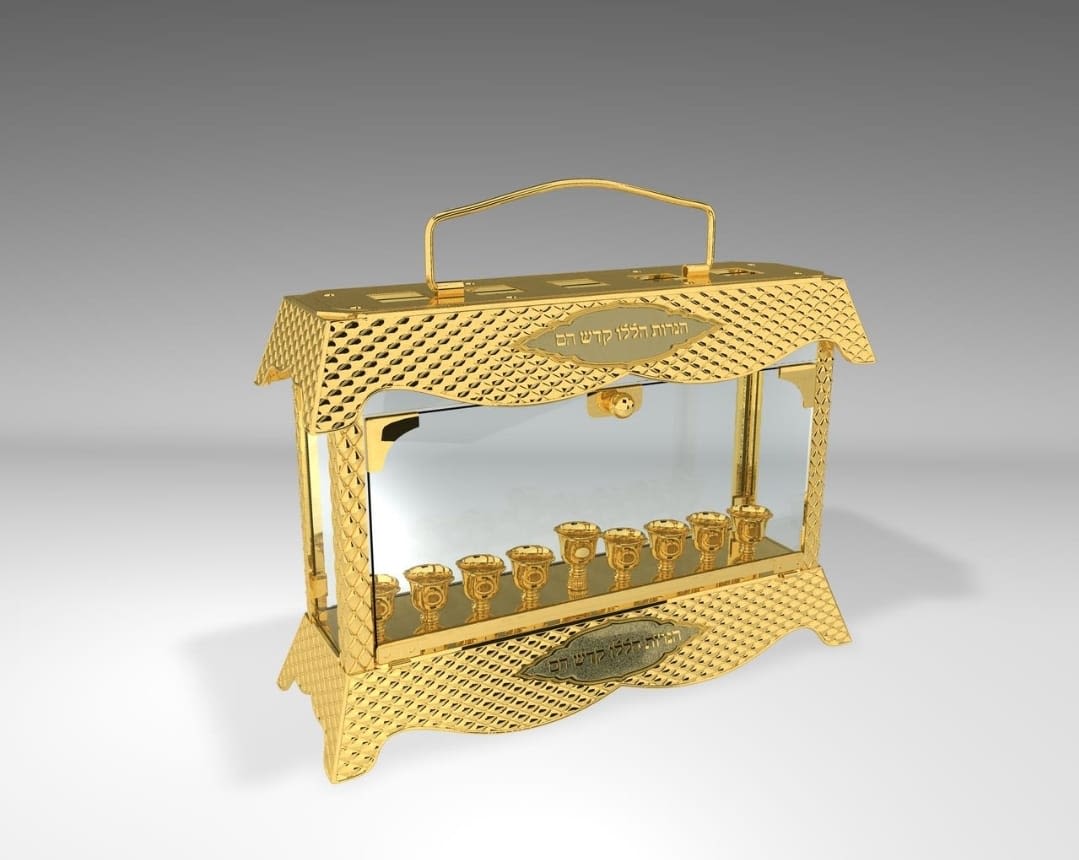
Pinchas: The Conspirator
In the beginning of this week's portion the Torah relates Hashem's command to Moshe (Moses) to kill the Midianites...

"For they oppressed you through their conspiracy" (Bamidbar 23:9).
In the beginning of this week's portion the Torah relates Hashem's command to Moshe (Moses) to kill the Midianites, since they sent their women to entice Israel to debauchery. In light of Western concepts of justice, one may ask, why kill all the Midianites? Is that justice? Why not execute the guilty women only?
The Torah answers these questions with Hashem's explanation to Moshe, "For they oppressed you through their conspiracy" (Bamidbar 23:9). Worse than the Midianite women's enticement of Jewish men was the conspiracy that was behind this misfortunate breakdown of holiness and Jewish morality. The Midianite men eagerly adopted the wicked advice of the heinous Bilaam, and gladly sent their women on a mission of wanton licentiousness that led to the death of 24,000 Jews. The Midianite men are therefore more than mere accomplices of the crime; they are instigators who – by the Hashem's own testimony – are guilty of conspiracy. For that, they deserve to die.
The pyramid of conspiracy leads to Bilaam. Rebbe Nachman of Breslev explains that Bilaam is the epitome of all evil and the embodiment of the seventy nations of the world (see Likutei Moharan I: 36b). My esteemed teacher, the Melitzer Rebbe shlit"a, explains Rebbe Nachman's concept as follows: There are seventy different types of evil in the world, such as murder, theft, treachery, dishonesty, and so forth. Each of the seventy nations is rooted in one special type of evil; for example, one nation is known for its murderers, another for its dishonesty, a third for its treachery, and so on. Whenever Israel commits a sin that's rooted in one of the seventy types of evil, then the nation that corresponds to that particular evil characteristic gains the upper hand over Israel. In this fact, our own sins create and empower our oppressors.
All the nations conspire against the Jewish people, each nation with its own weapon. But Bilaam, the snake or evil inclination, is the apex of the pyramid of conspiracy. Spiritually, since he's the embodiment of all evil; each of the seventy nations derives its unique power of evil from him. As such, Bilaam – the snake – is the "general evil". This general evil, explains Rebbe Nachman (ibid. 19) is the ruination of the holy covenant, in other words, licentiousness.
The only way to overcome the general evil, which conspires to destroy each Jew as well as the nation of Israel as a whole, heaven forbid, is by "Tikkun Klali" (see ibid., 29), the general correction of the soul that is intrinsic in our efforts to strive for holiness and the strict observance of our brit kodesh, our holy covenant with Hashem. When a Jew strengthens his or her modesty and sanctity of thoughts, speech, and deeds, then Bilaam – the chief conspirator – is destroyed. This is no joke, explains the Melitzer Rebbe, for either Bilaam kills the Jew or the Jew kills Bilaam – in every generation, it's a spiritual fight to the death.
With Hashem's help, the following parable will facilitate our understanding the concept of the general evil and the general correction:
The princess, the King's only daughter, was deathly ill. The King sent out an urgent proclamation to all four corners of the kingdom, calling for all physicians to hasten to the palace.
The princess had lost a dangerous amount of weight. She was pale and frail. She could barely move, much less sit up or stand. Her body ached from head to toe. She suffered from pains in her stomach and in all her joints. Her sight was blurry and her other senses were fogged.
Doctors from every province of the kingdom hurried to King's court, each with his own herbs and remedies. One by one, they were ushered into the princess's chambers. Some succeeded in granting the princess partial relief, but soon afterwards, she'd feel pain in another part of her body.
When all looked lost, a plain-looking, simple peasant requested permission to enter the palace gates. The guards scoffed at him. "I'm a doctor," he persisted, "and the King has summoned all doctors. I'm sure that I have a remedy for the princess!" The skeptical guards, wary of the King's wrath, decided that they'd best allow hayseed-looking physician inside.
The simple-looking doctor examined the princess; he placed his finger on her tongue, and then turned to the King: "Your Majesty, please summon the cook and governess immediately."
The physician's request seemed odd, but the King commanded the captain of the guard to summon both servants immediately. When they arrived, the doctor interrogated them: "What have you been feeding the princess?" They gave a long, detailed answer. The doctor shook his head. "Now tell me the truth, here in the King's presence; what have you been giving the princess to drink?"
All eyes in the room turned to the governess and the cook, who had been conspiring against the King's only daughter. They stammered and hesitated, but were finally prodded to speak when the captain of the palace guard waved his deadly-sharp saber in front of their noses. "The princess has been drinking salt water," they admitted.
As the conspirators were led away, the physician smiled. "Your majesty, the princess will now be healthy in a day or too!" The physician gave the princess a glass of cool, fresh water from a local mountain spring. Her eyes glistened and the color began returning to her face. Simply by drinking spring water, she was completely cured in the shortest duration.
The princess is the soul, whereas the cook and governess are symbolic of the body. The physician is the tzaddik of the generation that teaches us how to cure all our ills that are caused by drinking saltwater, the evil ways of the nations and particularly licentiousness, which is the general evil. "Fresh spring water," symbolic of holiness, the ways of Torah, and the general soul correction, is the Tikkun Haklali that cures all our ills.
May Hashem help us to recognize and destroy the conspirators within ourselves, Amen.












Tell us what you think!
Thank you for your comment!
It will be published after approval by the Editor.